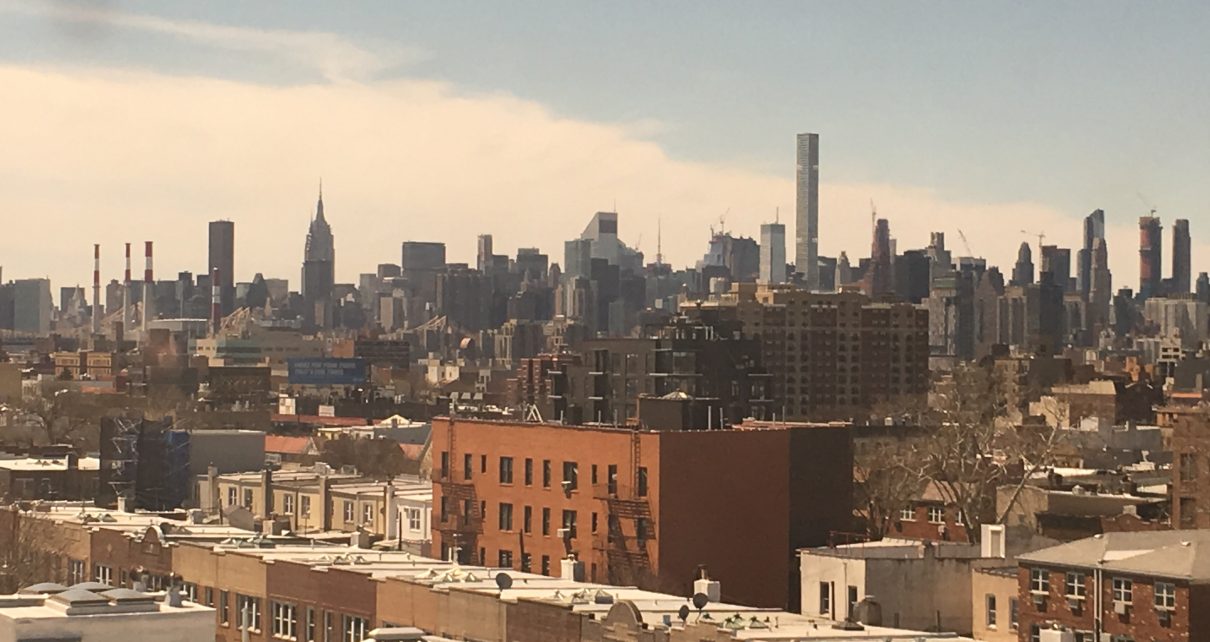Restaurants, schools, dentist offices are all keeping more windows open, to increase ventilation—and hopefully, to decrease the chances of encountering the coronavirus. But letting in fresh air also lets in more noise.
Now, researchers have come up with a device that’s like noise-cancelling headphones—but for a building.
“It works on the same principle, so it detects noise that’s coming into the windows, and then is cancelling the noise.” Bhan Lam, an acoustical engineer at Nanyang Technological University in Singapore.
The device looks like a grid of small speakers, and fits over an open window. A microphone samples incoming noise, then sends the speaker grid instructions on what sort of “anti-noise” to emit. The result is to cancel out the incoming sound.
For example, here’s the sound of a commuter train in Singapore, with no noise control. <<Before Control SFX>>
Now, here’s that same train sound, with the array of noise-cancelling speakers turned on. <<After Control SFX>>
Compare that to a closed window: <<Window Closed SFX>> The anti-noise device is almost as good, and allows air to keep flowing into and out of the window. The details are in the journal Scientific Reports. [Bhan Lam et al, Active control of broadband sound through the open aperture of a full-sized domestic window]
The device is just a prototype—so it’s still expensive. And it doesn’t block out ALL sounds. It masks sound at frequencies from 300 to 1000 Hz—which includes the rumble of freeways, trains and planes. But even that could come in handy in a place like Singapore.
“Gimme a second, there’s a plane flying past…<<laughs>>” Bhan says Singapore already has a lot of green buildings that use natural ventilation. “But the downside is, when you have lots of openings in the buildings, the noise comes in, so you need some way to manage the increasing noise.”
A grid of window speakers could do the trick—especially IF people prioritize peace and quiet over a good view. Which folks at home tend to do all night.
—Christopher Intagliata
[The above text is a transcript of this podcast.]




